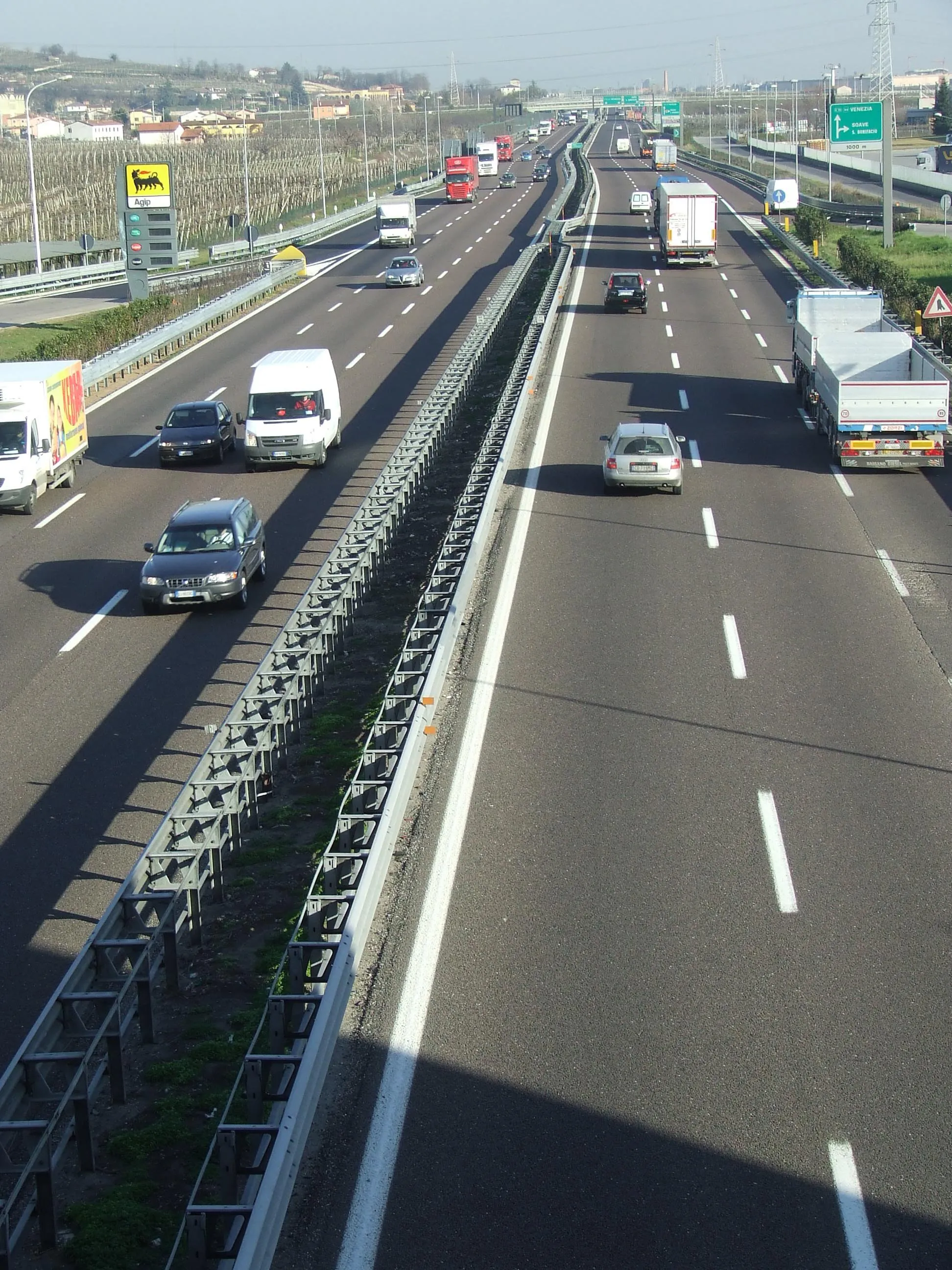The FIEC, the European construction industry federation, aims to end unfair competition by state-owned and state-aided enterprises across the globe.
February 28, 2012
Read time: 2 mins
The 6164 European Construction Industry Federation (FIEC), aims to end unfair competition by state-owned and state-aided enterprises across the globe. FIEC president Luisa Todini announced this move following the unanimous adoption of the FIEC/ 1503 EIC appeal by the FIEC general Assembly. Todini was particularly critical of the case of the Chinese contractor 2487 COVEC, which initially won the bid for the A2 highway in Poland. COVEC won the deal with a low bid other firms were unable to match.
However COVEC then proved unable to continue with the project with the result that it has lost the deal and the Polish authorities are now discussing how to continue construction. The FIEC is proposing lower level limits on tenders and that bids falling far below set levels will be not accepted. The FIEC also points out that building infrastructure at the lowest possible cost does not result in the best solution for users. Todini said, "The EU and national politicians must ensure that another disaster like this does not happen again. I hope it has been shown once and for all that the race to the bottom on price does not deliver the best deal for taxpayers and will not lead to the kind of construction industry, fit for the future that we want to have in Europe." She added, "The European construction industry has submitted specific and realistic proposals relating to 'abnormally low tenders' and third country 'state aid' and expects politicians and local procurement authorities to act on them." Michel Démarre, president of European International Contractors (EIC), said, "European international contractors are unable to compete with state-owned and state-aided construction firms on world markets, such as Africa, because they cannot possibly match the financing possibilities of such state-run bodies. Furthermore, the government procurement markets of some countries are practically closed for our enterprises, whereas the EU Internal Market is effectively wide open, even for unfair competition." Todini and Démarre were united on the question of a level playing field on global construction markets. They agreed, "We are firmly opposed to protectionism and in favour of fair competition on symmetrically open markets. However, other parties must play by the same rules."
However COVEC then proved unable to continue with the project with the result that it has lost the deal and the Polish authorities are now discussing how to continue construction. The FIEC is proposing lower level limits on tenders and that bids falling far below set levels will be not accepted. The FIEC also points out that building infrastructure at the lowest possible cost does not result in the best solution for users. Todini said, "The EU and national politicians must ensure that another disaster like this does not happen again. I hope it has been shown once and for all that the race to the bottom on price does not deliver the best deal for taxpayers and will not lead to the kind of construction industry, fit for the future that we want to have in Europe." She added, "The European construction industry has submitted specific and realistic proposals relating to 'abnormally low tenders' and third country 'state aid' and expects politicians and local procurement authorities to act on them." Michel Démarre, president of European International Contractors (EIC), said, "European international contractors are unable to compete with state-owned and state-aided construction firms on world markets, such as Africa, because they cannot possibly match the financing possibilities of such state-run bodies. Furthermore, the government procurement markets of some countries are practically closed for our enterprises, whereas the EU Internal Market is effectively wide open, even for unfair competition." Todini and Démarre were united on the question of a level playing field on global construction markets. They agreed, "We are firmly opposed to protectionism and in favour of fair competition on symmetrically open markets. However, other parties must play by the same rules."









